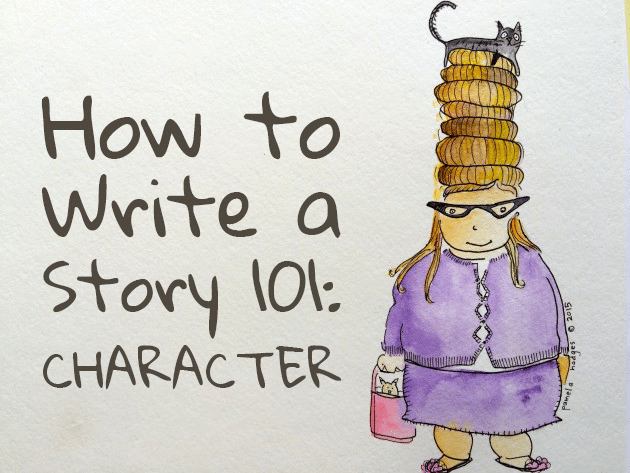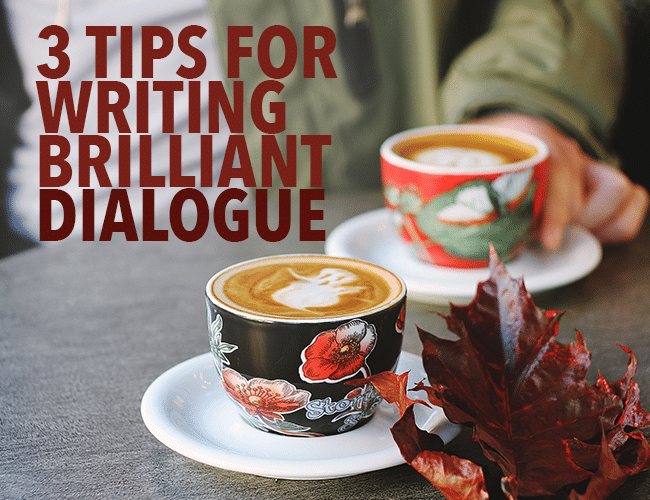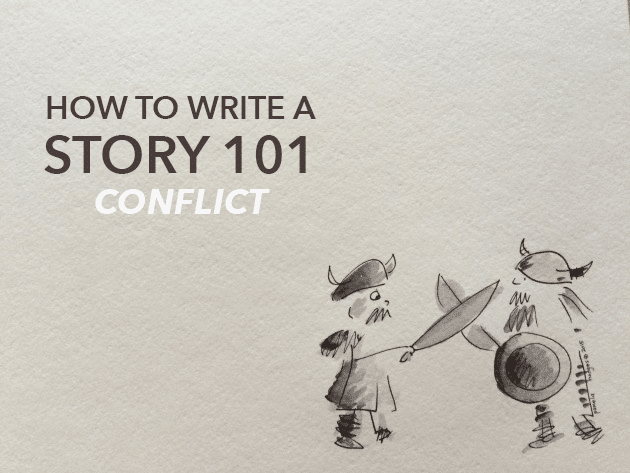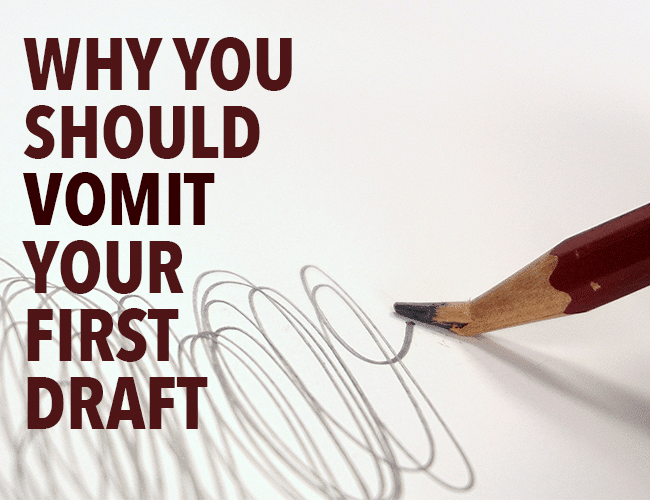
by Pamela Fernuik |
Every item has a story: The true story of where the item was acquired, who owned it, and where it traveled, and the story you are inspired to write about the item.
This is an Adventure Prompt. However, this is not the television show Mission Impossible, starring Peter Graves, Barbara Bain, and Greg Morris, a popular series from the late 60’s to the seventies. This blog post will not self-destruct in five seconds.
Even so, we will pretend we are going on a real adventure.

by Pamela Fernuik |
You are going to write a story. Yes, today is the day you are going to write a fiction story about someone. Your character and their development through the story is the heart of fiction.
Make your characters real, and your readers will care what happens to them because they can identify and sympathize with the character in a situation.

by Pamela Fernuik |
We talk to tell someone we want them to pass the salt. We talk to ask questions, share feelings, and ask for directions when we are lost. We talk to ourselves in our thoughts, and we speak out loud.
In our stories, our characters talk, too. It is not quite as easy to write dialogue for our characters as it is to have conversations in real life. But if you take time to learn how dialogue works and practice writing it, you will be able to write brilliant conversations that sound natural and move your story forward.

by Pamela Fernuik |
You desperately want to write a story. You carry a pad of paper with you in case you get an idea. You can’t decide if your main character should have short hair or long hair. But for now, put aside what your character looks like and think about what they want.
In this post, we’re going to look at how to write a story by focusing on one of the most important elements of any story: conflict.

by Pamela Fernuik |
There was no hesitation as I vomited. I didn’t put on my glasses, clean the seven litter boxes, or put on shoes before I ran to the toilet and vomited. The virus was forcing me to avoid perfection and get rid of what was in my stomach.
Vomit your first draft as quickly as a virus makes you run to the toilet.




